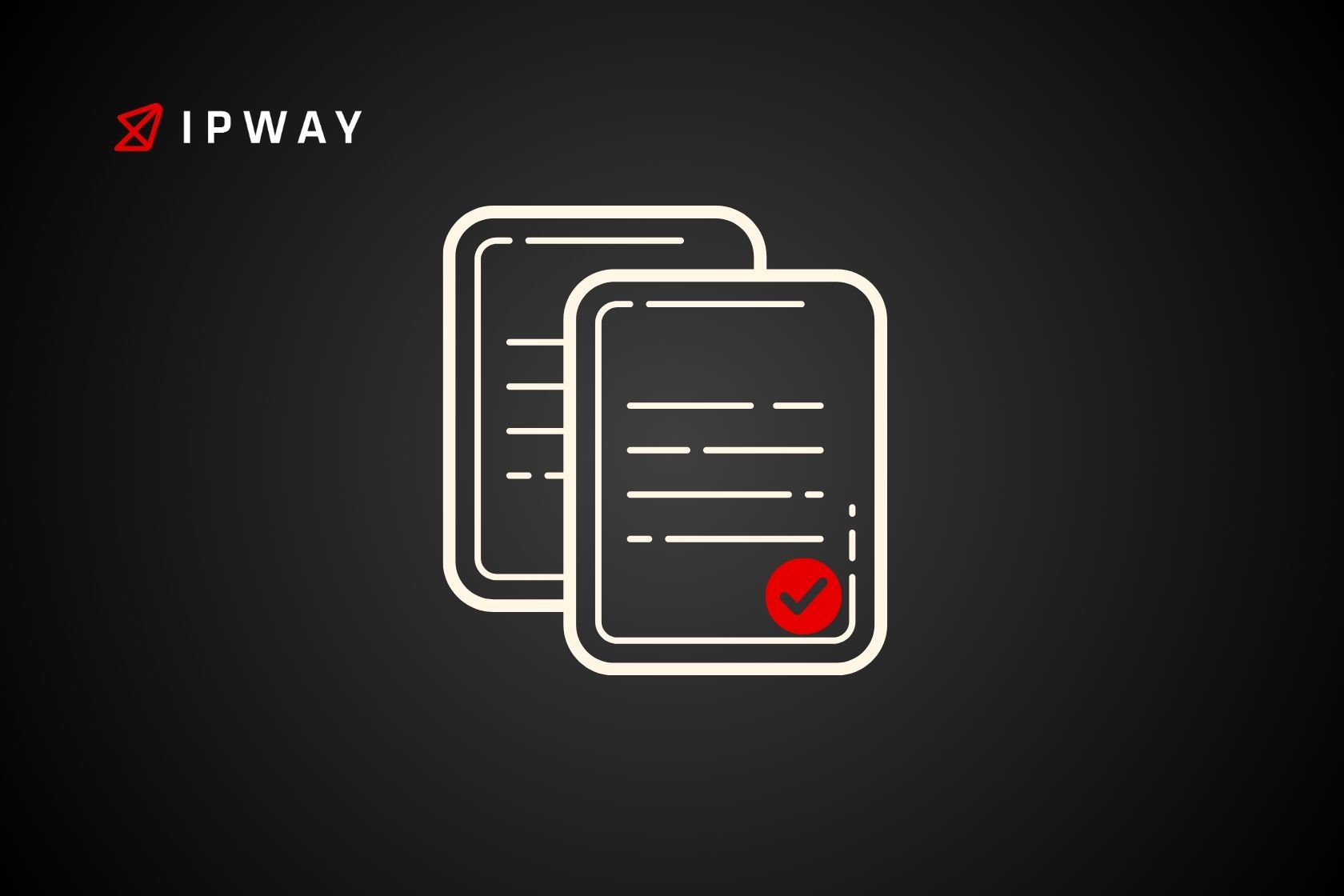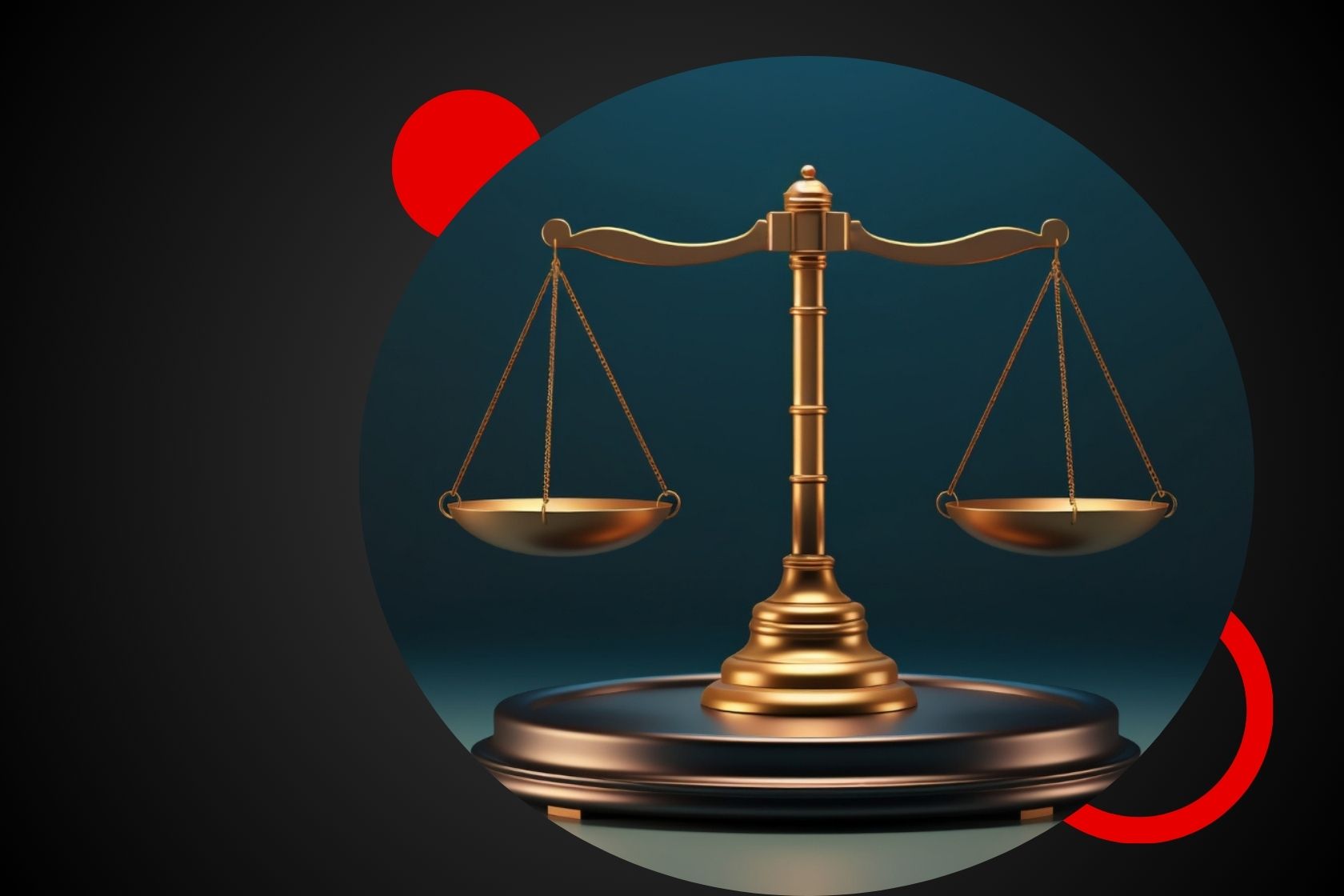In the era of technology advancement web scraping has emerged as a valuable asset for various industries like businesses, researchers and developers alike. It entails the retrieval of data from websites allowing individuals to acquire extensive data sets in a prompt and effective manner. From monitoring prices and conducting analysis to market research and academic investigations, scraping serves numerous lawful and advantageous purposes. However, a common query persists among many: Is web scraping considered legal?
The response is not an one to give straight away as it involves many different aspects to consider when it comes to the practice of web scraping. Such as the nature of the data being gathered and how its done. Plus taking into account the websites terms of use and the laws, in the specific area where the scraping takes place. In this piece we will delve deeply into discussing the moral aspects around web scraping by examining significant cases in this area as well as privacy regulations and recommended guidelines that should be adhered to in order to ensure that your web scraping activities are conducted within legal boundaries.
Is Web Scraping Legal or Illegal?
In todays data driven world where information holds value there is a growing concern, about the legality of web scraping. Lets delve into the realm that determines the legality of scraping data.
Public Data vs. Private Data: Typically speaking scraping data that’s readily available to the public, from open access websites is viewed as permissible in numerous regions of lawfulness; provided the data is not safeguarded by passwords or similar access restrictions it can usually be scraped within legal boundaries.
Terms of Service (ToS): Lots of websites mention in their terms of service that scraping is not allowed and can result in action if it causes financial damage to the site owners – even though its usually considered a breach of contract rather, than a criminal offense and can lead to civil lawsuits.
Computer Fraud and Abuse Act (CFAA): In the United States of America the Computer Fraud and Abuse Act (CFAA) prohibits access to computer systems. While scraping available information typically does not violate the CFAA accessing private or protected data without consent can result in legal action, under this legislation.
Intellectual Property Laws: Scraping material that is protected by copyright or intellectual property laws. Like copyrighted images or confidential data. May be against the law. It’s important to make sure you’re not violating any intellectual property rights while scraping data.

Scraping Public Data: Still Legal?
While collecting information from sources, is commonly accepted as permissible under the law. Disagreements over its legality do crop up at times nonetheless. Certain businesses and individuals contend that accessing openly accessible data through scraping amounts to unauthorized entry. The stance taken by the courts, in the United States varies on this matter – with some cases ruling in favor of the legality of scraping data and others ruling against those engaging in such practices.
HiQ Labs vs. LinkedIn: This particular instance is frequently referenced in conversations on the legality of extracting data without permission from websites such as LinkedIn for predictive analysis in HR tasks by HiLabs whereas LinkedIn claimed a breach of their usage policies while HiLabs argued that the information was publicly accessible data which was not in violation of the law according to a federal court ruling in favor of HiLabs in 2019 that determined scraping public data did not contravene the Computer Fraud and Abuse Act (CFAA). Nonetheless the case is still under dispute in courts, with an uncertain legal conclusion.
Craigslist vs. 3Taps: In an instance that drew attention involved 3Tapz which was known for collecting data from Craigslists platform unlawfully leading to a legal case where Craigslist took legal action, against 3Tapz for breaching the CFAA and other regulations.
It’s interesting how these situations demonstrate that scraping data can raise legal concerns. It all depends on the methods used for scraping and the type of data being gathered.
Why Does Web Scraping Sometimes Appear Negatively?
- Server Overload: While web scraping has applications and benefits in certain contexts it may also carry negative connotations for various reasons. The question arises; Is data scraping considered lawful in scenarios? Although legality is a consideration perception also plays a crucial role, in shaping opinions.
- Ethical Concerns: Some people consider scraping data without the website owners consent unethical because it involves using information for business reasons, like selling or redistributing it.
- Privacy Violations: The emergence of privacy regulations like GDPR and CCPA has made it risky to scrape data containing details legally permissible as it might infringe on privacy laws by gathering and utilizing personal information without authorization even if it is publicly accessible since these laws come with stringent regulations, on the proper collection and handling of personal data.
- Intellectual Property: Many websites contain copyrighted material that should not be scraped without consent due, to potential legal issues that may arise from such actions; for instance extracting research articles or confidential product details could breach intellectual property regulations.
- Circumventing APIs: Numerous websites provide Application Programming Interfaces (API) which serve as an option to scraping data from them directly. These APIs usually have constraints like rate limits or charges, for usage. Opting to scrape a websites content of utilizing its API might be viewed as an effort to bypass these limitations and could result in legal complications.
Ethical Web Scraping
To steer clear of these opinions and judgments, from arising several professionals recommend embracing ethical scraping. This approach entails utilizing web scraping tools and methods complying with a websites terms of service and honoring intellectual property rights.
How Do Privacy Laws Affect Scraping?
As the focus shifts towards protecting data privacy than ever before laws, like the GDPR and CCPA are altering how businesses gather, keep and utilize information. The legality of data scraping under these rules hinges greatly on the methods used for data collection and the types of data that are scraped.
GDPR (General Data Protection Regulation)
The GDPR stands out as an encompassing data privacy regulation on a global scale and is relevant to all entities gathering personal data from European Union residents for processing purposes. Personal data under the GDPR encompasses any details that have the potential to pinpoint an individuals identity, like names email addresses and IP addresses.
Collect information without permission goes against the GDPR regulation laws Even when the details are accessible to the public entities need a valid reason for using it For instance gathering contact details from LinkedIn profiles, without the users agreement might lead to penalties under GDPR.
CCPA (California Consumer Privacy Act)
The California Consumer Privacy Act (CCPA) is relevant to companies that gather or handle data from individuals residing in California. Similar to the General Data Protection Regulation (GDPR) the CCPA provides individuals, with the ability to understand what personal information is being gathered about them the option to decline data collection and the opportunity to request the deletion of their data.
To collect data from websites containing details of residents, in California one must adhere to the regulations set forth by CCPA to avoid facing fines and penalties for non compliance.
Other Data Privacy Laws
Besides GDPR and CCPA regulations are in place regarding data privacy such as Brazils LGPD (Lei Geral de Proteção de Dados) and Canadas PIPEDA (Personal Information Protection and Electronic Documents Act). These laws set rules for gathering and using personal information necessitating scrapers to keep up to date with legal obligations, across various locations.
General Advice for the Best Web Scraping Practices
In light of the legal and ethical issues associated with web scraping activities it is essential to adhere to established best practices in order to steer clear of any possible legal complications. Here are a few general principles to assist in conducting web scraping activities lawfully:
Check the Website’s Terms of Service: Make sure to check the terms of service on a website before scraping data from it. If the terms expressly forbid scraping data you should seek permission, from the website owner or refrain from scraping entirely.
Respect the Robots.txt File: Many websites have a robots.txt file that outlines the parts of the site that can be accessed for content scraping purposes. It is important to comply with the guidelines, in this file to avoid legal consequences related to intellectual property rights infringement.
Throttle Your Requests: Scraping fast can overwhelm a websites server and result in performance issues or even crash the site itself—consider implementing throttling or rate limiting mechanisms to prevent disrupting the websites functionality.
Avoid Scraping Personal Data: Gathering details without the individuals permission could result in breaching privacy regulations Avoid extracting data, like names and email addresses or any other identifiable information without clear authorization.
Use Proxies and IP Rotation: When scraping data from pages or extracting large amounts of information online it’s a good idea to utilize proxies and switch up your IP address regularly. This approach can help prevent detection and make sure that your data scraping doesn’t resemble a denial of service attack.
Use APIs When Available: Numerous online platforms offer APIs that grant you access, to their data content.Integrate the API whenever feasible of resorting to direct website scraping.This not helps steer clear of legal complications but also typically offers a more dependable and organized means of retrieving the data.
Web Scraping Cases
Web scraping legalities have been shaped by numerous court cases. Below are a few notable ones:
LinkedIn vs. HiQ Labs
Earlier as noted before LinkedIn filed a lawsuit against HiLabs for gathering information, from its public user profiles.The Ninth Circuit sided with HiLabs. Mentioned that extracting publicly accessible data did not breach the CFAA.But LinkedIn persists in challenging this ruling which sheds light on the ongoing legal ambiguities related to data scraping activities.
eBay vs. Bidder’s Edge
In this situation Bidder’s Edge employed automated programs to gather information from eBays auction listings result in an overload on eBays servers.As a result eBay filed a lawsuit for access and the court sided with eBay.This case established a standard, for how server overload can result in consequences.
American Airlines vs. FareChase
American Airlines took action, against FareChase for unauthorized use of its flight information by scraping and republish it without consent. The court sided with American Airlines by declaring that FareChases scraping activities breached the airlines terms of use.
Facebook vs. Power Ventures
Power Ventures collected information from Facebook to gather social media content from platforms without permission. Facebook took action, against them for violating the CFAA and the court sided with Facebook in the dispute. This case serves as a reminder that unauthorized data scraping can result in repercussions even if the information is publicly available.
Conclusion
Web scraping can serve as a tool yet also pose legal challenges to navigate through the digital landscape of data extraction practices and regulations surrounding web content access legality.
To reduce exposure and guarantee that your web scraping operations are conducted responsibly and in accordance, with regulations and moral standards.
Are you looking to scale your web scraping projects and avoid IP blocks? IPWAY offers top-tier proxy solutions that can help you scrape Bing and other search engines with ease.
